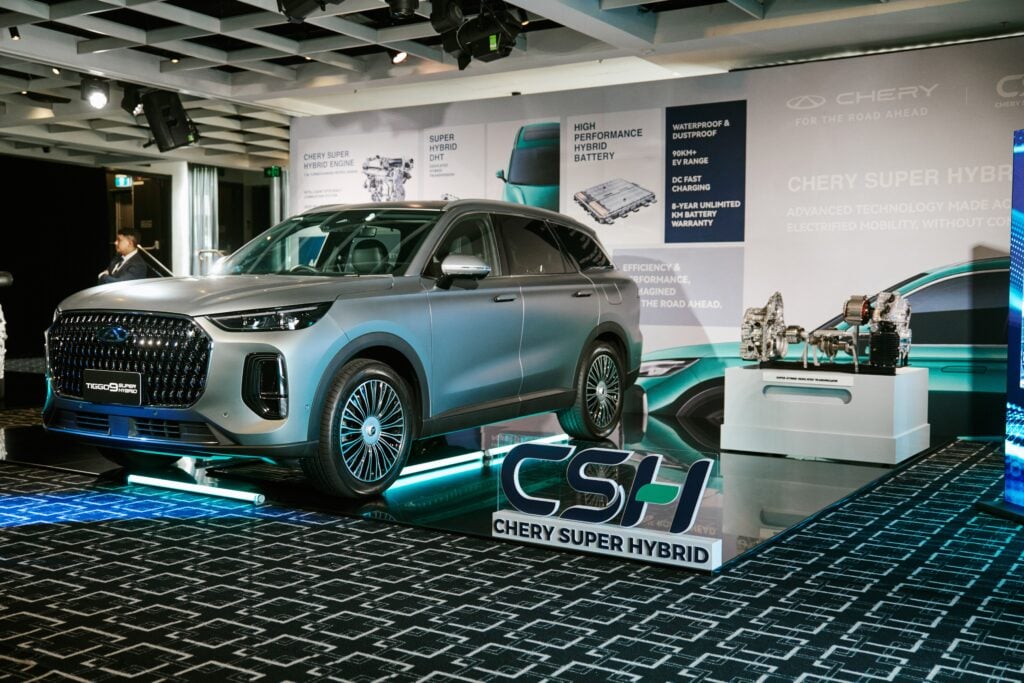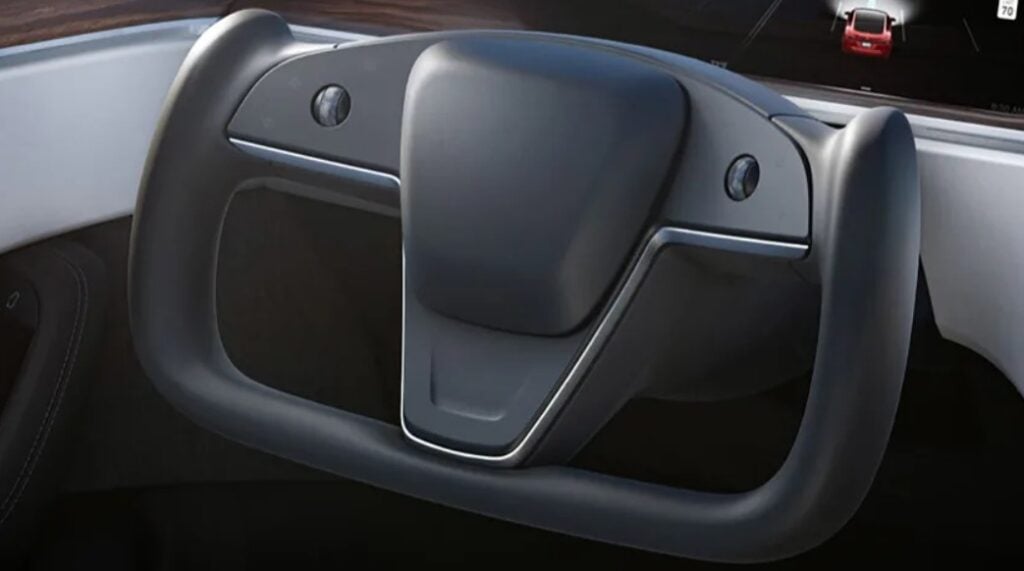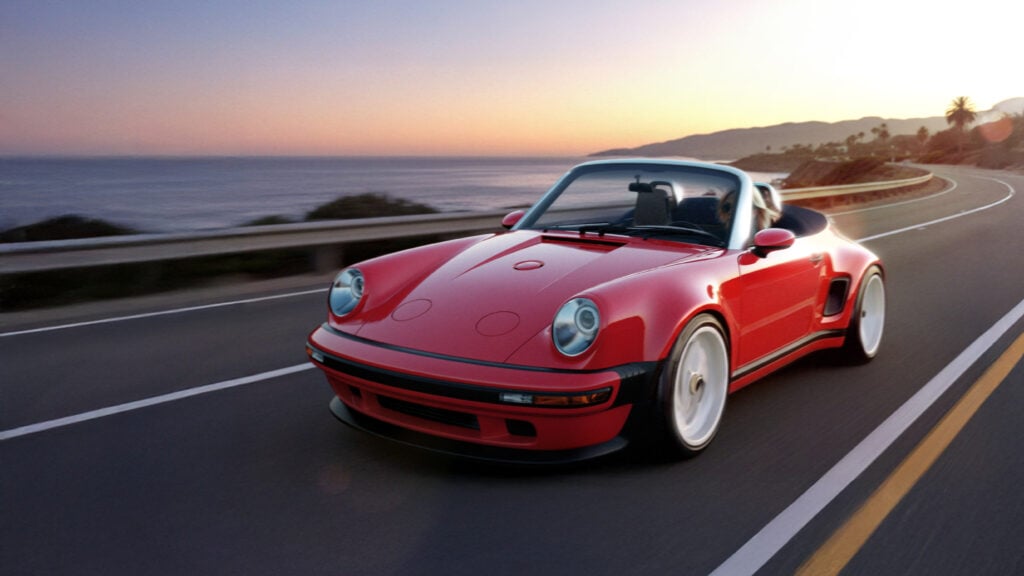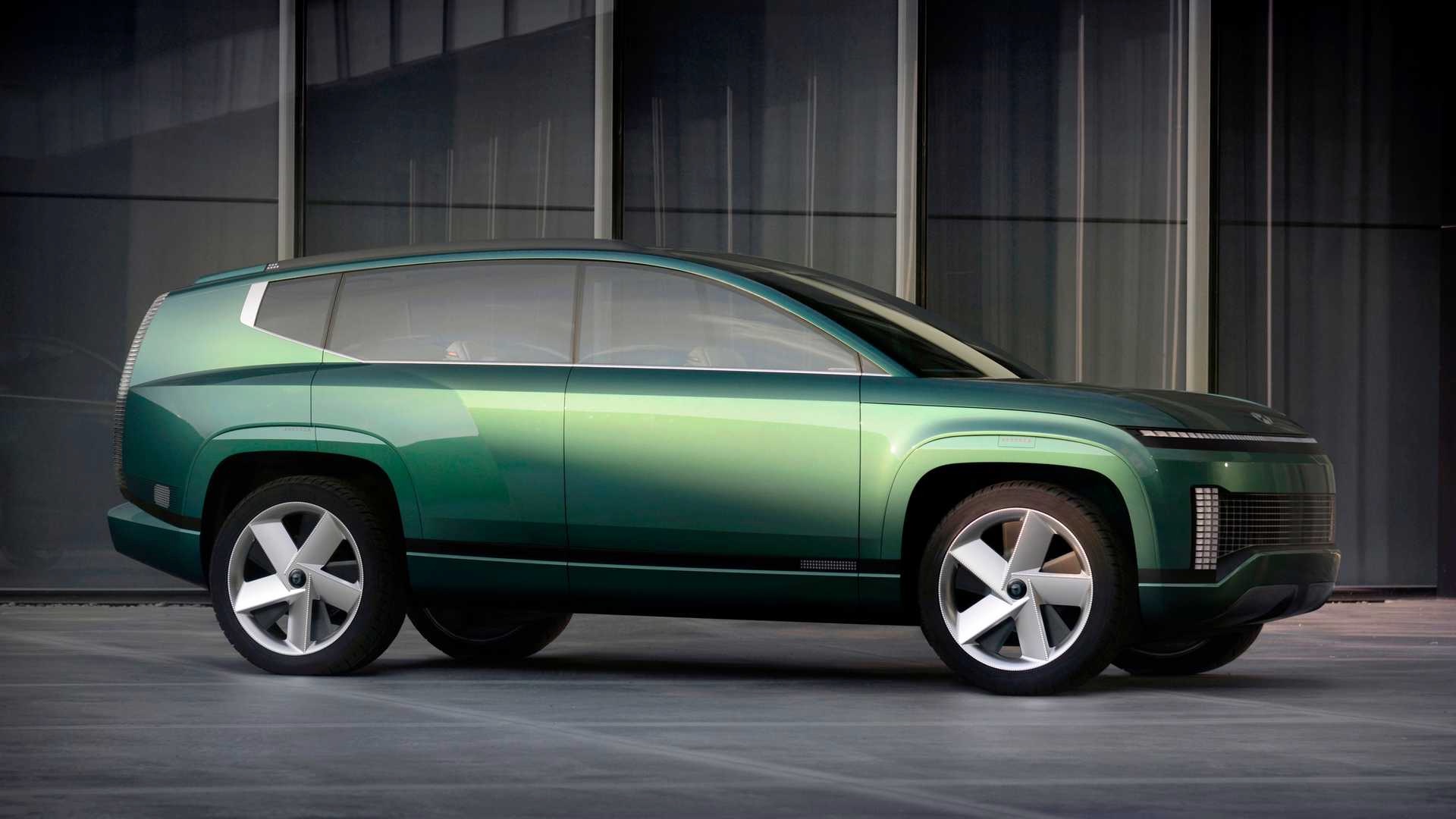
Hyundai Motor Group has announced it will launch 17 dedicated electric vehicles (EVs) by 2030, in an effort to take seven per cent of the market.
At a presentation for investors overnight, the Korean car giant announced 11 new electric cars will be offered under Hyundai by the end of the decade, while luxury brand Genesis would launch six battery-powered models.
In September 2021, Genesis announced it would move to a fully electric line-up by 2030.
Of the 11 Hyundais, there will be six SUVs, three sedans, a light commercial vehicle, and a “new type model”.
It’s possible the light commercial vehicle will be an electric version of the Staria Load commercial van – though a Toyota HiLux ute competitor is not out of the question.
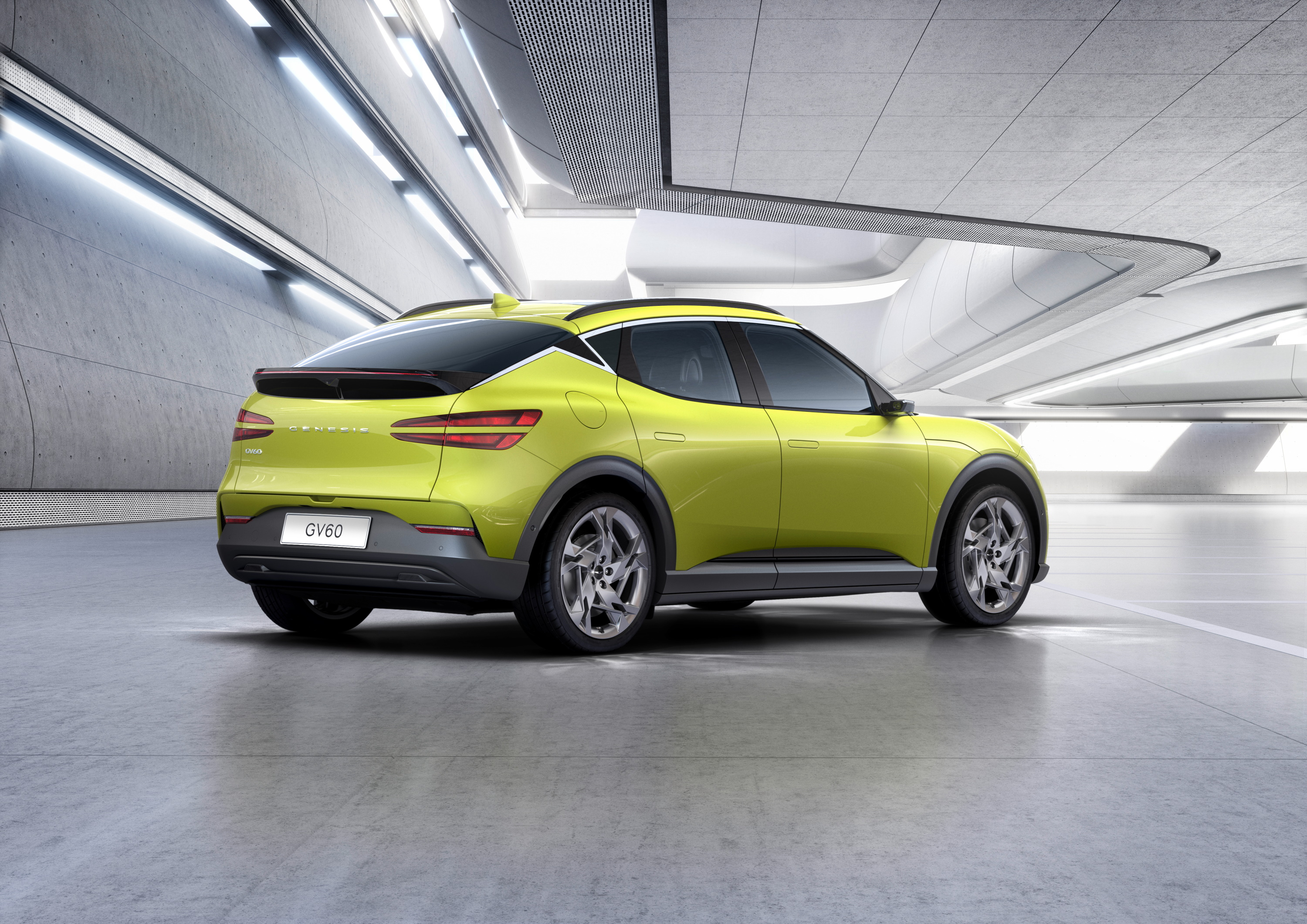
The new models are in addition to the 23 EVs from Hyundai, Genesis and Kia set to go on sale by 2025, announced by the carmaker two years ago, which include the recently-released Ioniq 5 and EV6, the Ioniq 6 which will launch later this year, and the Ioniq 7 SUV in 2024.
Two new EV platforms were also announced – the first is dedicated to passenger cars, known as ‘eM’, while ‘eS’ will be used for ‘purpose-build mobility’ (PBM), according to The Korean Car Blog.
Rather than being designed to primarily accommodate the driver, as with passenger cars, PBM vehicles are focused on passengers; created for taxis, ride-hailing businesses, car sharing, and other on-demand mobility services such as delivery vehicles.
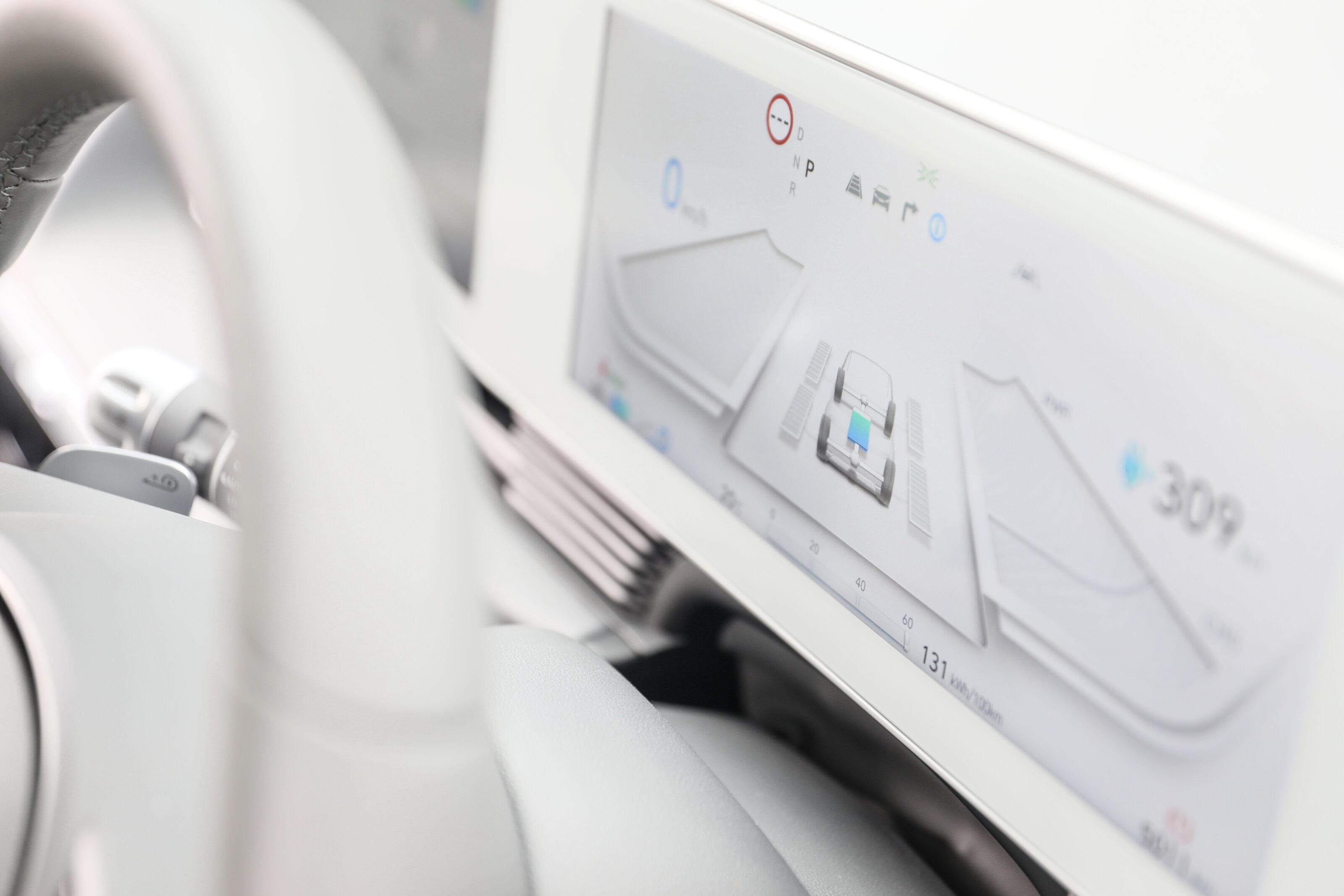
The new ‘skateboard’ platforms – which use standardised batteries and motors, but can allow for multiple vehicle bodies to be fitted atop – are expected to cut costs by 40 per cent by 2030, as well as reducing weight by 30 per cent, and with an energy density 50 per cent greater than today’s EVs.
The manufacturer says by the end of this decade it will have invested 19.4 trillion Korean won (AU$21.7 billion) in the transition to electrified vehicles, with the company projecting global sales of 1.87 million electric cars from both Hyundai and Genesis brands.
We recommend
-
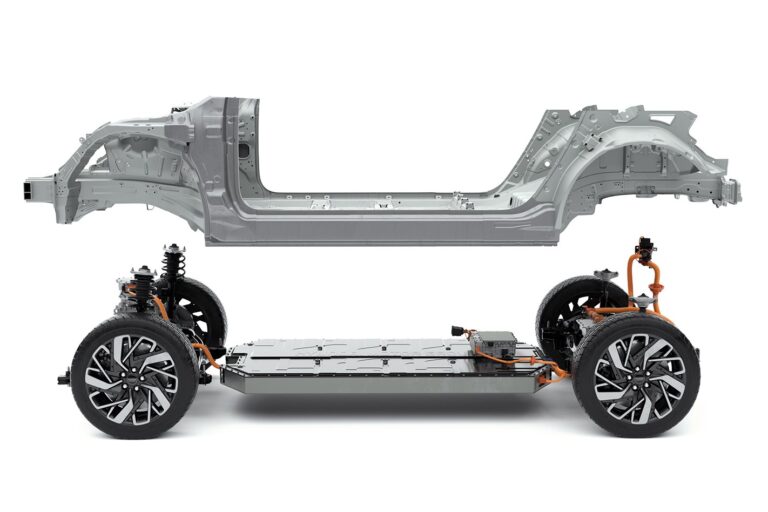 News
NewsHyundai reveals revolutionary electric-vehicle platform
E-GMP 'skateboard' will underpin 23 Hyundai EVs by 2025 setting new performance and efficiency benchmarks
-
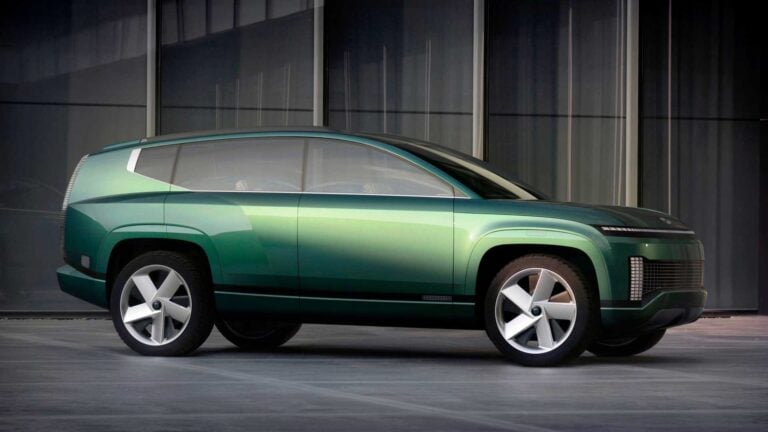 News
News2023 Hyundai Ioniq 9: Electric SUV previewed as concept
Hyundai’s electric SUV has made its debut as a concept
-
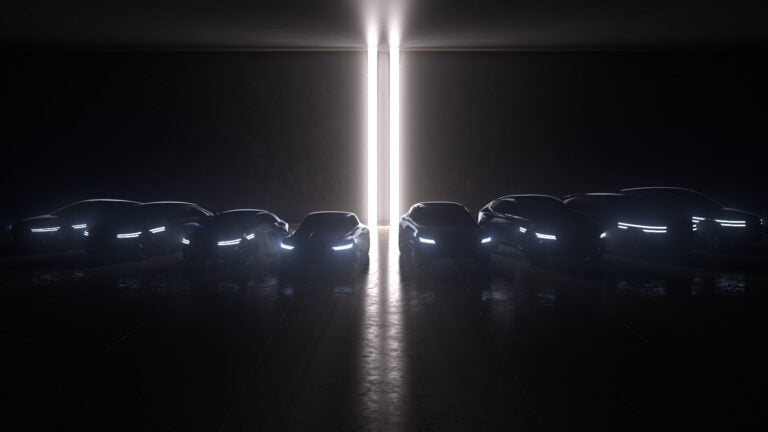 News
NewsGenesis targets fully electric line-up by 2030, EV models only from 2025
Targeting its German rivals, Genesis has set a timeline to go all-electric



